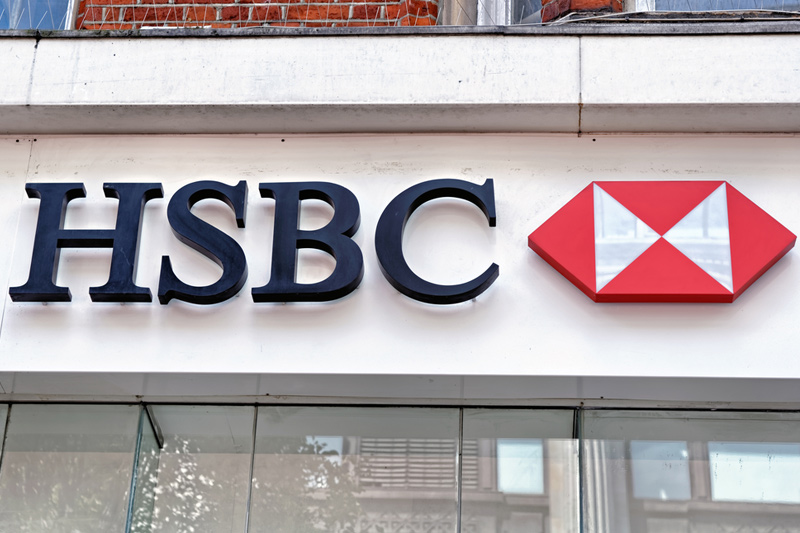By Michelle Price and Huw Jones
HONG KONG/LONDON (Reuters) - The regulatory case for HSBC (LONDON:HSBA) to shift its head office from London to Hong Kong is not clear-cut and the huge bureaucratic upheaval such a move would involve may outweigh other advantages, lawyers and analysts say.
Hong Kong's regulators could impose a string of conditions on the bank, while authorities in Britain and elsewhere might also insist on onerous requirements before signing off on a change of domicile. These could include extra guarantees on how HSBC could be rescued without burdening their taxpayers.
China's tightening political grip on Hong Kong is another factor for regulators across the world, especially in the United States, could persuade the bank not to move its headquarters following a review announced on Friday.
"HSBC operates one of the 10 largest U.S. banking holding companies and so for them to relocate into a perceived Chinese regulatory jurisdiction could be challenging," said Jim Antos, bank analyst at Mizuho Securities Asia in Hong Kong.
"All the bank's main regulators -- UK, U.S., Hong Kong and maybe Singapore -- would have to agree, and that process if it took a year would be very fast."
Lawyers and former regulators who spoke on condition of anonymity given HSBC's reach into the financial sector doubted the bank would actually make the move, the prospect of which pushed its stock up 3 percent after the review was announced.
HSBC has been a vocal critic of the regulations and extra taxes imposed on British banks since the financial crisis, while Chairman Douglas Flint said on Friday the threat of a British exit from the European Union was another reason for the review.
While the regulatory regime in Hong Kong is generally less prescriptive than in the west, a bank that wants to operate globally cannot escape the more detailed rules in London or New York, said a London-based lawyer just back from a stint in Asia.
Given the speed and scope of reforms since the financial crisis, few analysts believe a full picture of the new regulatory world has emerged, meaning further rule changes could yet wipe out advantages offered by one location over another.
HSBC would have to apply for new banking licences in Hong Kong, and there could be tax implications elsewhere.
LIMITED BENEFITS?
"It's not apparent why it should be a significant benefit from a regulatory perspective," a former European regulator said. "It's not easy to switch domicile and the question will be what are the real benefits that would achieve. I don't think you'll see the UK roll over and say this is a great idea."
HSBC would have to exit the UK totally to avoid Britain's bank levy and European Union regulation, a step few expect, although one expert suggested it could cut its bank levy bill by separating off its retail and wholesale activities there.
Retail operations of banks in Britain will have to be ring-fenced with extra capital in the UK from 2019.
Some analysts argue that HSBC could actually be hit by higher capital requirements in Hong Kong given that the lender's balance sheet is eight times the size of the local economy.
"We would expect exceptionally conservative regulation from the Hong Kong Monetary Authority," said Morgan Stanley (NYSE:MS) analysts.
But others challenge this assessment, saying the bank's subsidiary-style operations mean moving its domicile may not make that much difference to the group structure.
Capital calculations could change in other ways, however, due to local differences in how regulators assess risk-management models.
"There are a number of capital rules that are domicile-specific, especially the use of capital models for things like credit risk and market risk," said Keith Pogson, managing partner for financial services, Asia Pacific, at consultancy EY in Hong Kong.
"These have to be approved by the home regulator, and the Hong Kong Monetary Authority hasn't been as generous in approving those internal models in the past as the UK regulator."
Lawyers and consultants say the key question facing HSBC and other banks is not where to locate the head office but how to make money in a world of low interest rates and burdensome regulation in general.
"The market has over-reacted to something that's not that likely," said Mizuho's Antos.
